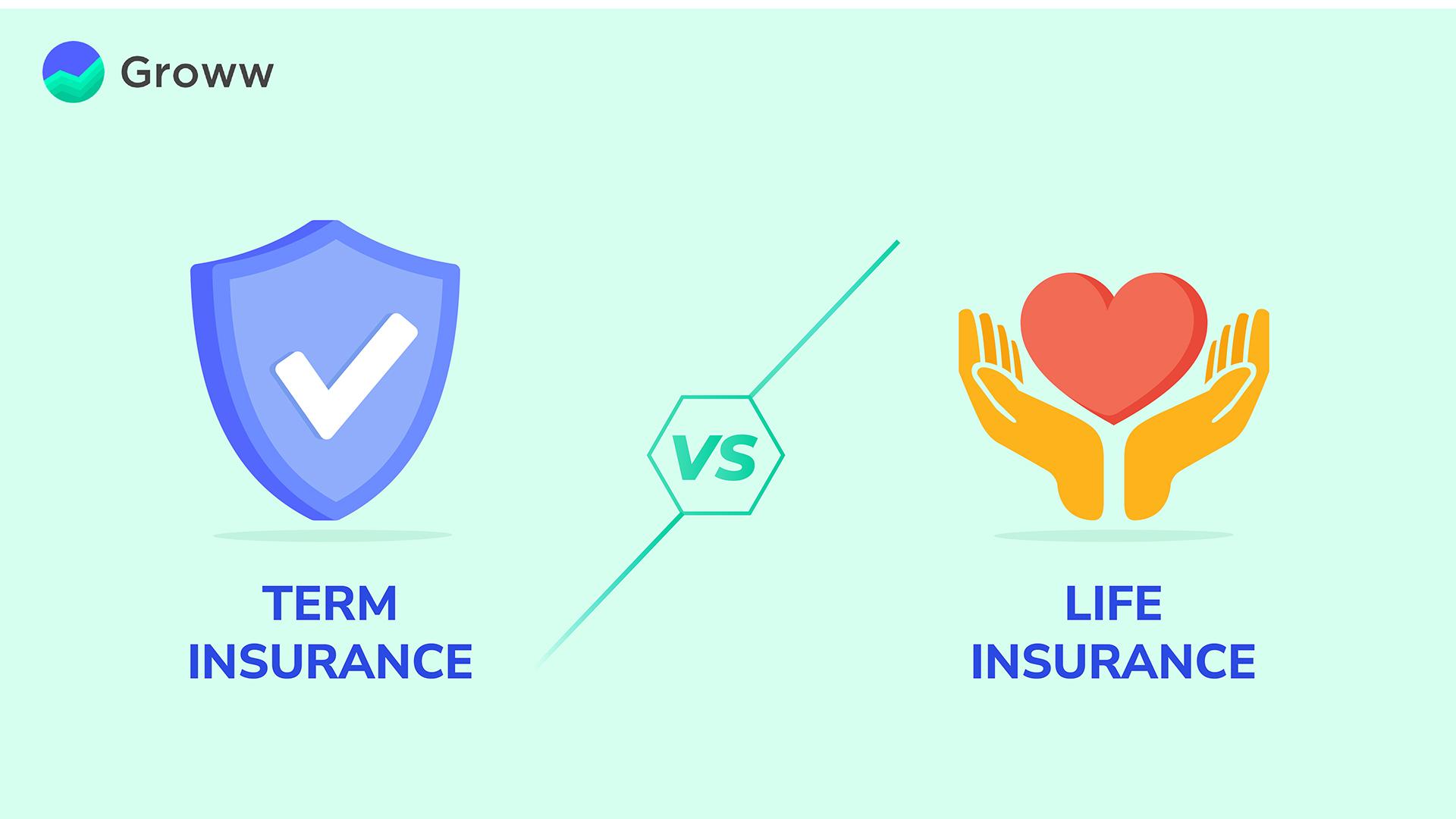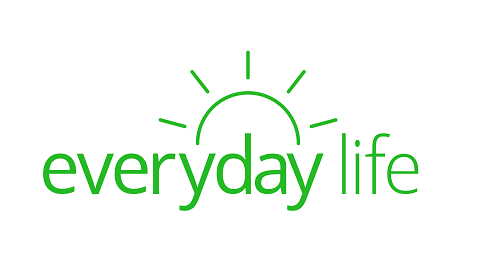When you purchase a life insurance policy, you must name a primary beneficiary. The primary beneficiary is the person that receives the death benefit after you die. But if the primary beneficiary can’t accept the death benefit, the benefit will go to your contingent beneficiary, also called a secondary beneficiary. Think of this person as a backup beneficiary so that the death benefit is spent the way you intended it — otherwise it may go to your estate and go through probate.
“In case your primary beneficiary predeceases you, you should also name contingent beneficiaries,” says Stafford Thompson Jr., senior vice president of life product management for Lincoln Financial Group.
You can have more than one primary or contingent beneficiary.
Read on to learn more about contingent beneficiaries and why you should add at least one secondary beneficiary to your life insurance policy.
What is a contingent beneficiary?
A contingent beneficiary is the person who gets the death benefit if the primary beneficiary can’t receive the payout.
For example, if your primary beneficiary dies before receiving the death benefit or if the life insurance company can’t locate them, you’ll hopefully have a contingent beneficiary listed on the policy to get the money.
In rare cases, a primary beneficiary might refuse to accept the death benefit.
How do contingent beneficiary assignments work?
The contingent beneficiary is a backup recipient if the primary beneficiary can’t receive the death benefit. If the primary beneficiary can receive the benefit, then the contingent beneficiary won’t receive anything.
If you want more than one person to split the benefit, you should name more than one primary beneficiary. You can then decide which percentage of the death benefit each of your primary beneficiaries will receive.
Do you need a contingent beneficiary?
You’re not required to name a contingent beneficiary on your life insurance policy. But that doesn’t mean you shouldn’t name one.
If you don’t name a contingent beneficiary and your primary beneficiary dies or is otherwise unable or unwilling to accept the death benefit, the benefit from your policy will be paid to your estate.
If your life insurance benefit is paid to your estate, your family may never get to use the money for a few reasons:
- The death benefit will now be subject to estate taxes
- The death benefit will go through probate
- A judge will determine where a death benefit in probate ends up
- Once the death benefit is paid to your estate, it’s fair game for creditors
Who should be your contingent beneficiary?
You can name whoever you want as your contingent beneficiary. Ideally, it will be someone that you’d still like to leave money to, but only if your primary beneficiary isn’t around. For example, you may want your primary beneficiary to be your spouse, and your contingent beneficiary to be someone you’d leave the custody of your children to if you both died.
Here are some people who are often named as contingent beneficiaries:
- An individual who would serve as the guardian to your children if you die
- Other family members and friends
- A charitable organization
Just remember that naming minor children as contingent beneficiaries isn’t always the best idea — they might not see the money until they are of legal age, which is usually after they actually need it.
“An insurance company will not knowingly pay insurance proceeds outright to minor children,” Thompson says. “Therefore, if a minor is named as a beneficiary, a guardian or custodian may have to be appointed by a court at the expense of the children.”
Hopefully, your life insurance death benefit goes to the people you intended. But if your primary beneficiaries aren’t able to accept the money, you still want it to wind up in good hands. That’s why it’s essential to designate contingent beneficiaries.
By having backup beneficiaries on your policy, you can make sure the death benefit still protects the financial security of your loved ones. Just write a will and remember to update your primary and contingent beneficiaries with every major life event.











